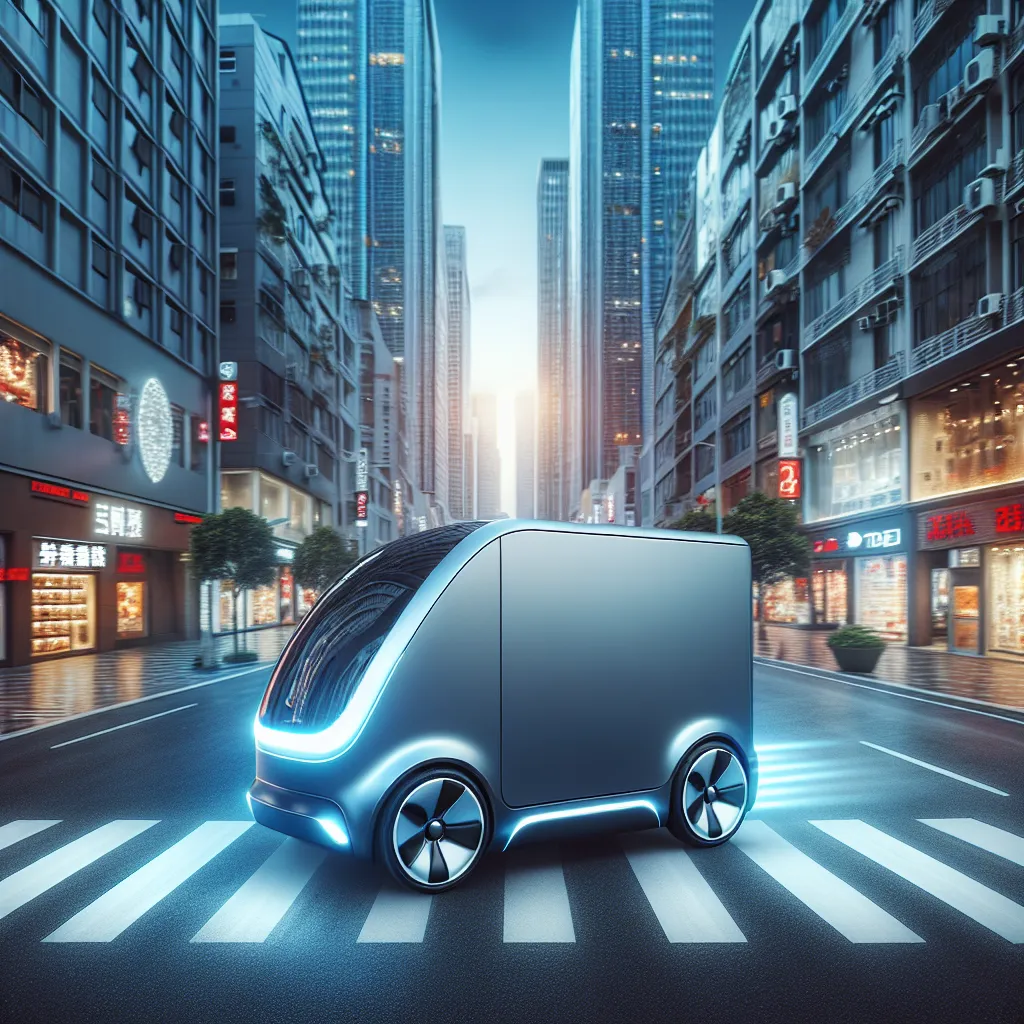The advancements in autonomous delivery vehicle technology are revolutionizing the logistics and supply chain industry. With the integration of advanced sensors, AI, and communication systems, these vehicles are capable of navigating urban environments and interacting seamlessly with other vehicles and infrastructure. Furthermore, the focus on sustainable energy sources, smart routing, and vehicle-to-vehicle communication is enhancing their efficiency and revolutionizing last-mile delivery. However, the industry faces challenges such as regulatory compliance and integration into existing infrastructure, yet the opportunities for cost-effective, efficient, and environmentally friendly delivery solutions are substantial. With the continuous improvement in AI and machine learning, autonomous delivery vehicles are set to redefine the future of urban logistics and last-mile delivery, making them a crucial player in the industry’s transformation.
Category: Courier Deliveries
Courier deliveries are a convenient and efficient way to send and receive packages and documents. This category encompasses a wide range of courier services, including same-day delivery, international shipping, and specialized handling for fragile or perishable items. Whether it’s a small parcel or a large shipment, courier deliveries offer tracking options and quick turnaround times, making them an essential service for businesses and individuals.
In the realm of e-commerce and global trade, courier deliveries play a crucial role in facilitating transactions and ensuring timely fulfillment. Companies within this category often prioritize reliability, security, and flexibility, tailoring their services to meet the diverse needs of clients. With the ongoing expansion of online shopping and cross-border trade, the courier deliveries category continues to evolve, integrating advanced technologies and sustainable practices to meet the demands of a dynamic market.
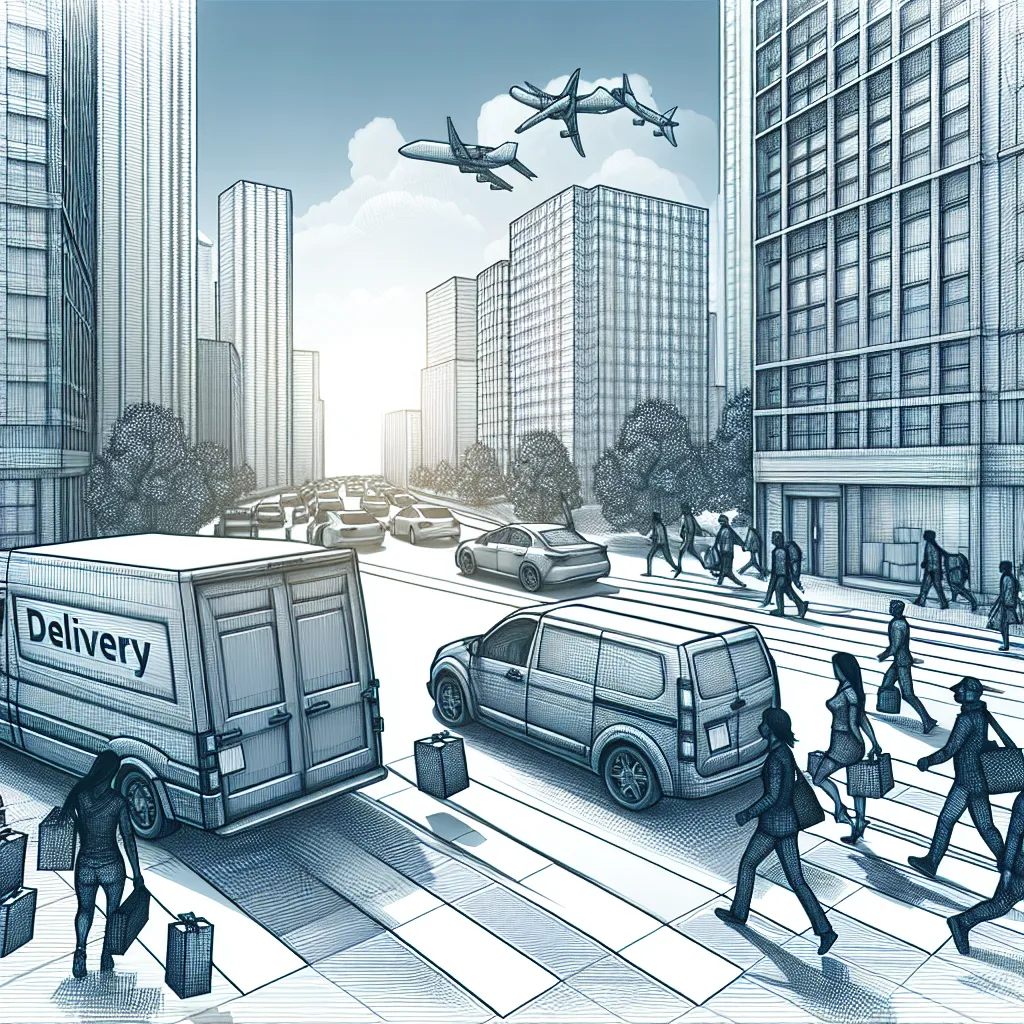
Optimizing Last-Mile Delivery for E-commerce
The article “Strategies for Efficient Last-Mile Delivery in E-commerce” presents key strategies to optimize the last-mile delivery process in the increasingly competitive online retail market. Route optimization, leveraging data and analytics, adopting technological innovations like autonomous delivery vehicles, and partnering with local delivery services are highlighted as effective approaches. These strategies not only improve delivery speed and reliability but also contribute to cost-effectiveness and environmental sustainability. In a similar vein, the article “Technology Solutions for Streamlining Last-Mile Fulfillment” emphasizes the pivotal role of advanced technology in optimizing last-mile delivery. It discusses the benefits of route optimization software, autonomous delivery vehicles, and real-time tracking technology in streamlining the delivery process and meeting customer expectations in the rapidly evolving e-commerce landscape. Readers are encouraged to explore the full articles for a comprehensive understanding of the strategic approaches and technological solutions that can significantly enhance last-mile delivery efficiency in e-commerce.

5 Innovative Solutions for Sustainable Energy
The article “Revolutionizing Solar Power: The Latest Breakthroughs” highlights the cutting-edge developments in solar technology, presenting innovations such as perovskite solar cells, bifacial solar panels, solar tracking systems, and energy storage solutions. These advancements aim to enhance the efficiency, cost-effectiveness, and reliability of solar power, making it a more accessible and sustainable energy source for a broader range of consumers. The integration of innovative financing models and policy frameworks is also driving the widespread adoption of solar power. Additionally, the article “Harnessing the Power of Tidal Energy: Cutting-Edge Technologies” discusses the immense potential of tidal energy as a reliable and predictable source of renewable energy, showcasing the innovative technologies of tidal stream generators and tidal barrages, as well as the advancements in materials, design, and predictive modeling. Overall, both articles emphasize the promising prospects for a sustainable and renewable energy future, making them a compelling read for anyone interested in the latest advancements in sustainable energy solutions.
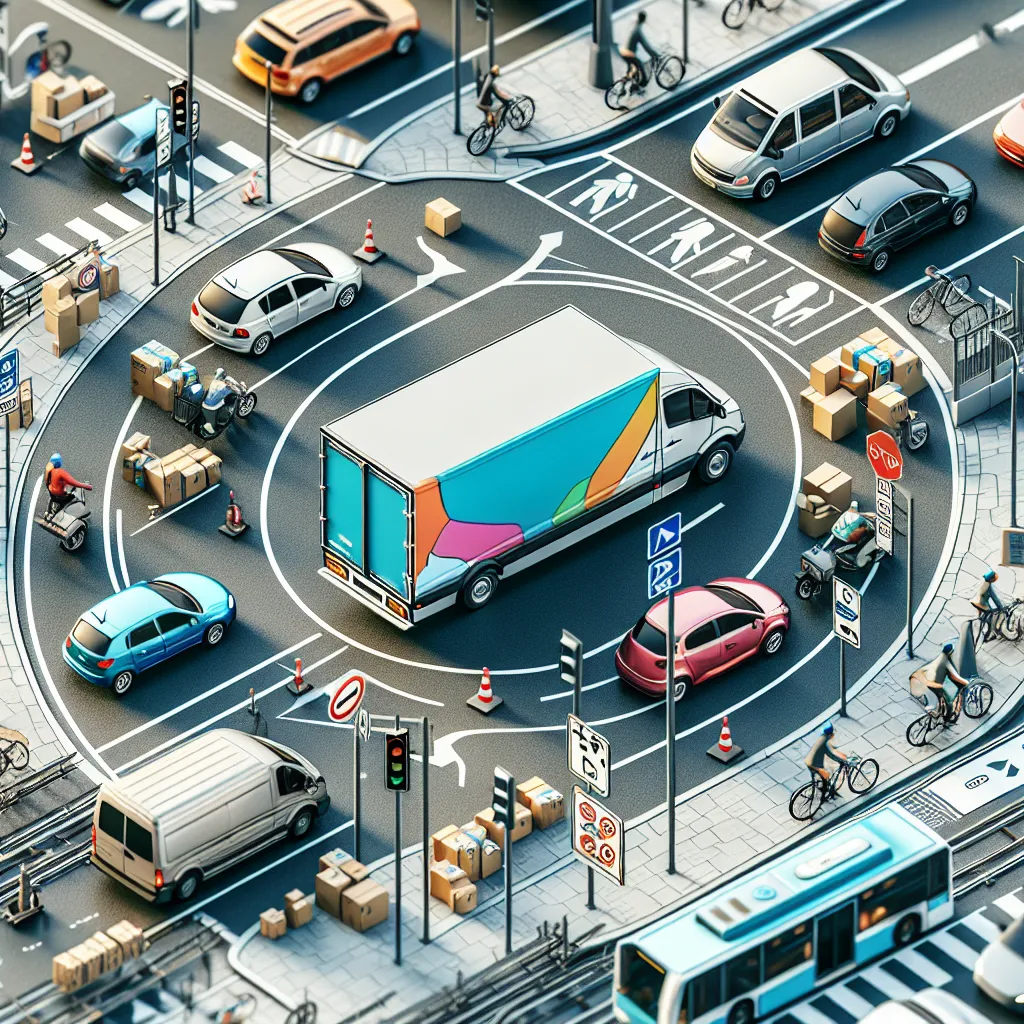
Improving Efficiency in Last-Mile Delivery Logistics
The article delves into the significance of implementing technology solutions for last-mile delivery optimization, emphasizing the use of route optimization software and real-time tracking tools to improve efficiency and customer experience. Additionally, it highlights the emergence of automation technologies such as autonomous vehicles and drones for last-mile deliveries, underscoring their potential to reduce delivery times and labor costs. The second part of the article focuses on leveraging data analytics for enhanced last-mile logistics efficiency, outlining the benefits of data-driven insights in optimizing delivery routes, improving customer experience, and making informed decisions for a more efficient and cost-effective last-mile delivery operation. Lastly, it discusses the increasing importance of sustainable practices in last-mile delivery operations due to the rising environmental impact of e-commerce and online shopping, prompting companies to adopt eco-friendly measures. The comprehensive coverage of technological advancements, data analytics, and sustainable practices makes the article a compelling read for those interested in understanding the evolving landscape of last-mile delivery operations.
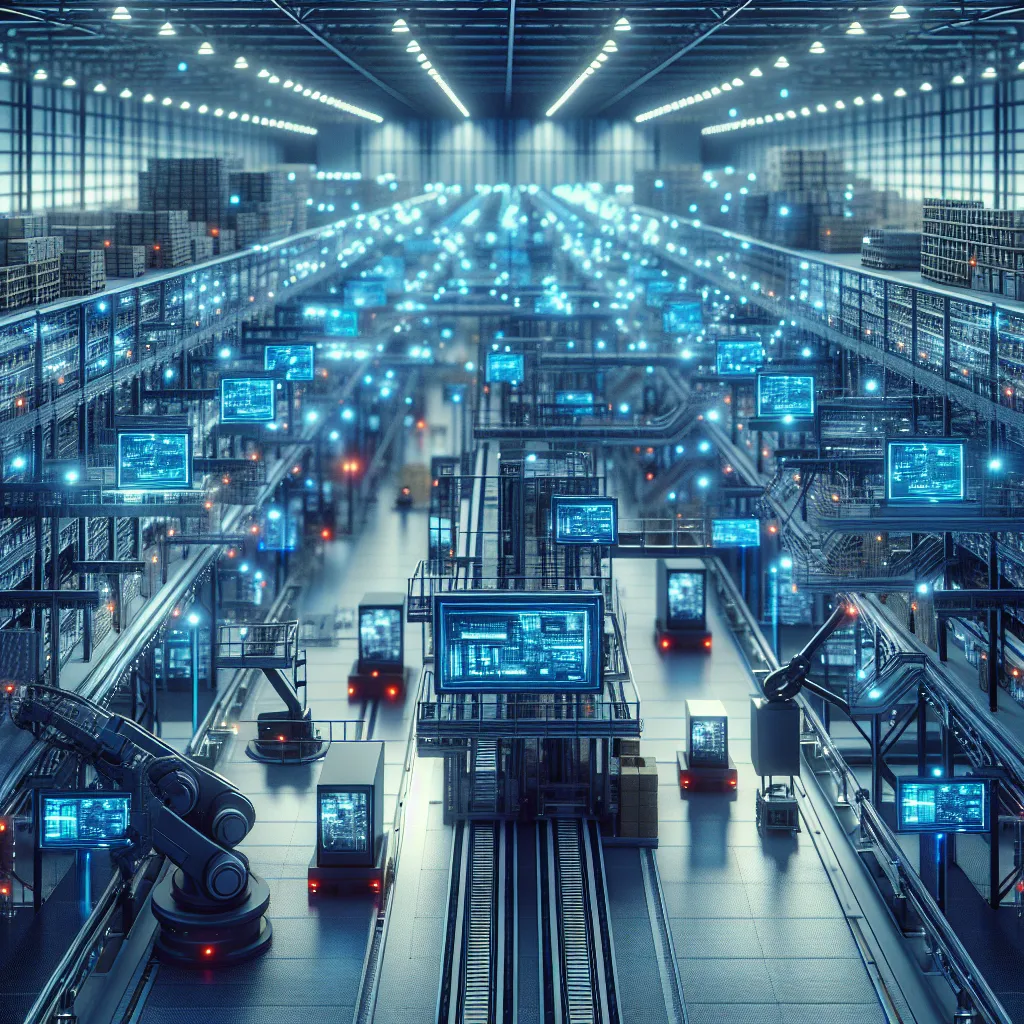
The Role of Tracking Technology in Modern Supply Chain Management
The evolution of tracking technology in supply chain management has revolutionized the industry’s operations, replacing manual processes with GPS, RFID, and IoT to provide real-time visibility. This technological advancement has enabled accurate tracking of shipments, automated inventory management, and extensive data collection for insights into product quality and integrity during transit. The impact of tracking technology on supply chains has led to improvements in transparency, streamlined processes, and leaner, more efficient operations, offering benefits such as improved inventory accuracy, optimized logistics routes, and enhanced customer satisfaction. The integration of tracking technology has significantly enhanced efficiency within supply chain management, making it essential for businesses seeking to meet the demands of modern commerce.
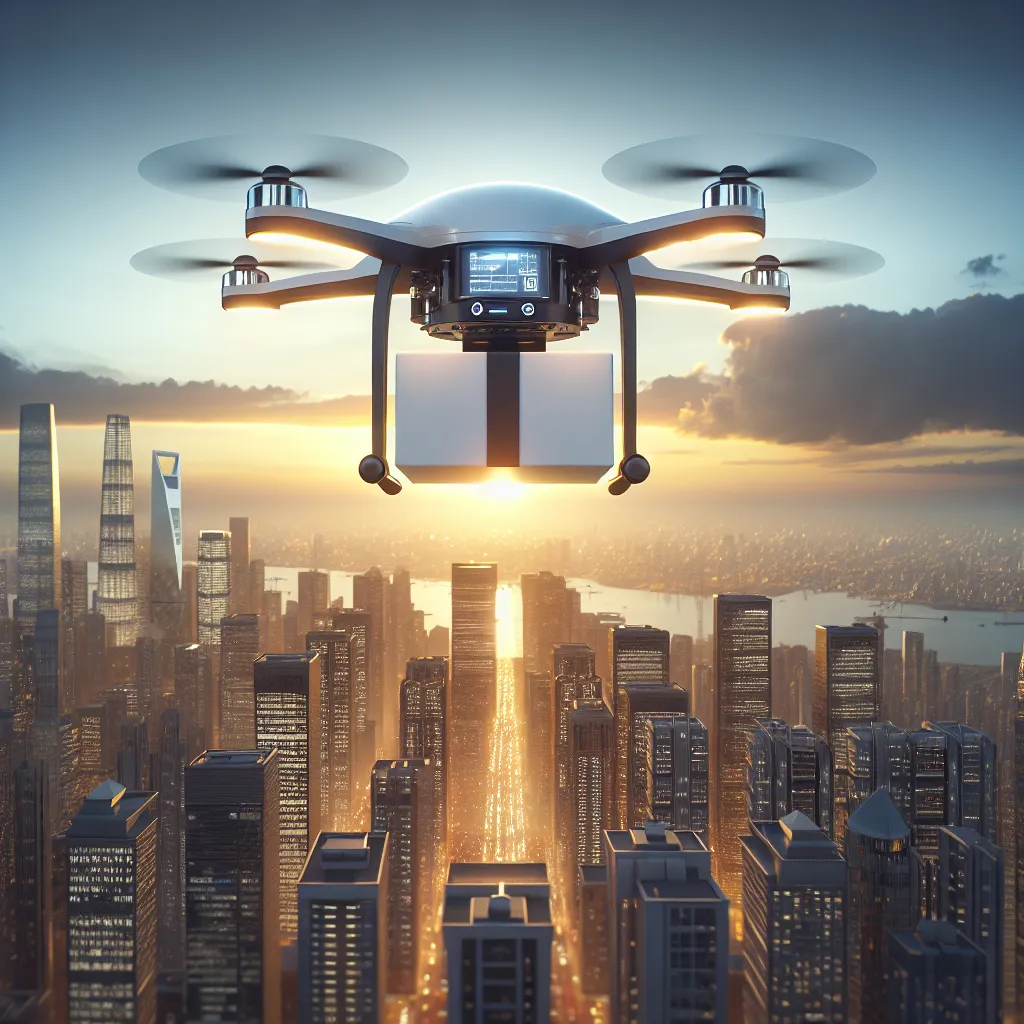
The Impact of Technology on Courier Deliveries
The article “Reducing Delivery Times: The Role of Technology in Courier Services” emphasizes the significant impact of advanced technological solutions on streamlining courier operations and expediting the delivery process. It highlights the pivotal role of GPS tracking in providing precise location monitoring and proactive issue resolution, while also underlining the benefits of route optimization software in devising efficient delivery routes. The integration of real-time package scanning technology is also explored, showcasing its positive effect on accurate tracking and bottleneck identification. Furthermore, the article hints at the continuous advancement of technology in meeting the evolving demands of modern e-commerce and logistics, making it a compelling read for individuals interested in the transformative influence of technology on courier services.

How Courier Deliveries Are Adapting to Changing Consumer Behavior
The rise of contactless delivery services is a direct response to changing consumer behavior, driven by safety concerns and the demand for convenience. Courier delivery companies are rapidly adapting to this trend by implementing contactless delivery options such as leaving parcels at doorsteps, using smart lockers, and providing digital receipt confirmations. Additionally, technology like GPS tracking and real-time delivery notifications are being leveraged to ensure a seamless and secure contactless delivery experience. The impact of e-commerce growth on courier delivery services has led to significant changes, with companies investing in innovative last-mile delivery solutions, real-time tracking systems, and environmentally friendly practices. This has become essential to meet the evolving demands of online shoppers for faster delivery times, convenient tracking options, and sustainable delivery services. Readers will gain valuable insights by exploring the full article, which delves into the strategies and operational changes that courier companies are undertaking to adapt to these shifting consumer behaviors and industry trends.
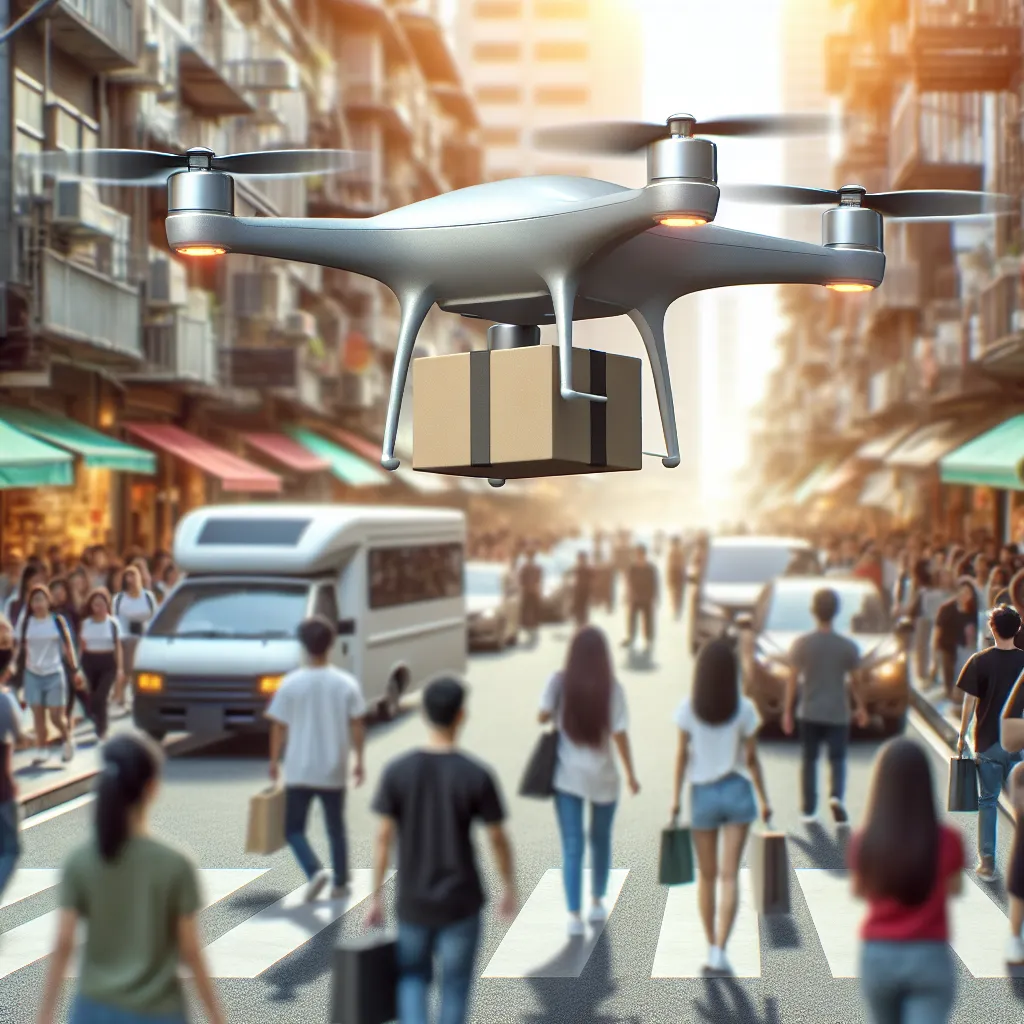
Technological Innovations Reshaping Last-Mile Delivery Operations
The article discusses the transformative impact of drone delivery, autonomous vehicles, and blockchain technology on last-mile delivery operations. It highlights the efficiency, speed, and environmental benefits of drone delivery, emphasizing the reduction in carbon emissions and faster delivery times. Similarly, autonomous vehicles are portrayed as enhancing delivery efficiency, operating round-the-clock, and contributing to environmental sustainability. The integration of blockchain technology is emphasized for enhancing security and transparency in the supply chain. Despite the benefits, the article acknowledges the challenges that need to be addressed for widespread adoption, such as regulatory frameworks and technological advancements. Overall, the article provides compelling insights into how these technologies are revolutionizing last-mile delivery and emphasizes the potential for a more efficient, sustainable, and customer-centric logistics landscape.

Sustainability Challenges in Last-Mile Delivery Services
The article delves into the environmental impact of last-mile delivery services, highlighting the surge in carbon emissions and traffic congestion due to the rapid growth of e-commerce. It emphasizes the role of traditional fossil fuel-powered vehicles and packaging materials in contributing to environmental degradation, while also shedding light on the exploration of sustainable alternatives such as electric and hybrid vehicles, cargo bikes, and drones. The narration emphasizes the use of route optimization algorithms, consolidation of deliveries, and sustainable packaging practices in mitigating the industry’s environmental footprint. The article encourages readers to explore how the industry can adopt innovative technologies and sustainable practices to move towards a more environmentally friendly and sustainable model of last-mile delivery, making it a compelling read for those interested in the intersection of logistics and environmental sustainability.

Privacy Concerns and Ethical Considerations in Personal Tracking Devices
The pervasive use of personal tracking devices has raised significant ethical and privacy concerns. From the potential for unauthorized access to sensitive personal information to the ethical dilemmas surrounding consent and transparency, the impact of these devices on user privacy is a prominent issue. Furthermore, the aggregation of data from these devices can create a detailed profile of an individual’s daily routines, further compromising their privacy. The potential for third parties, such as advertisers and insurance companies, to access personal tracking data has only exacerbated these concerns. As personal tracking technology continues to proliferate, addressing these privacy and ethical considerations through transparent data practices, stringent security measures, and clear consent mechanisms is crucial to ensure a positive impact on individuals’ lives without infringing upon their privacy rights.

